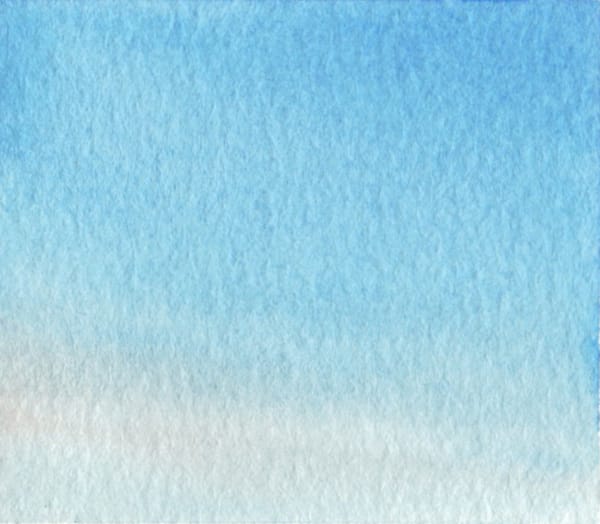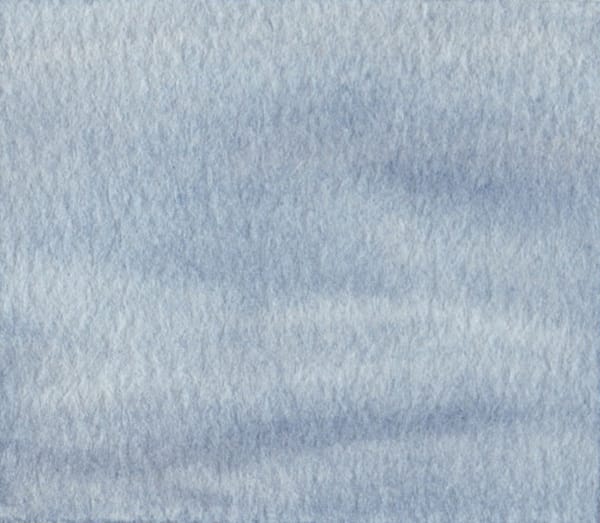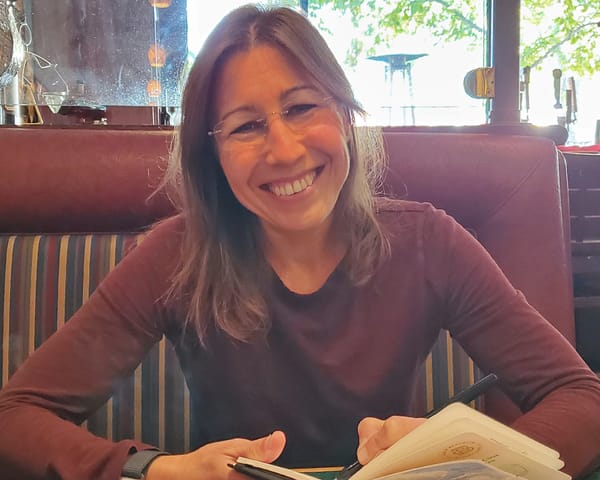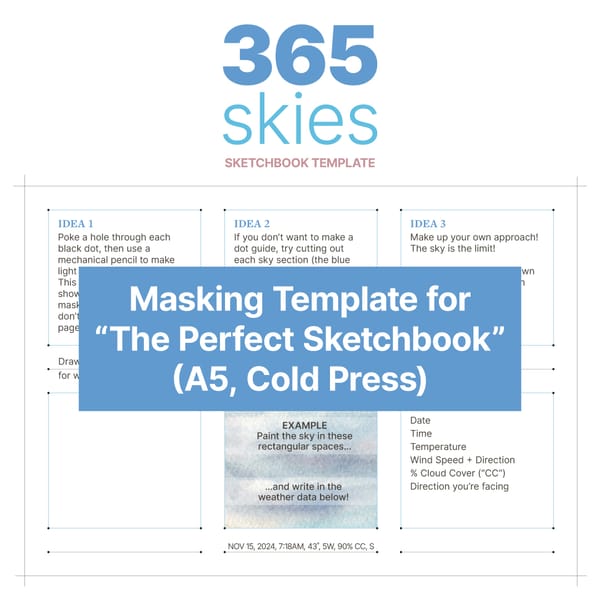You are not a niche
That innocent personality test runs the risk of pigeonholing your potential...if you believe the results.
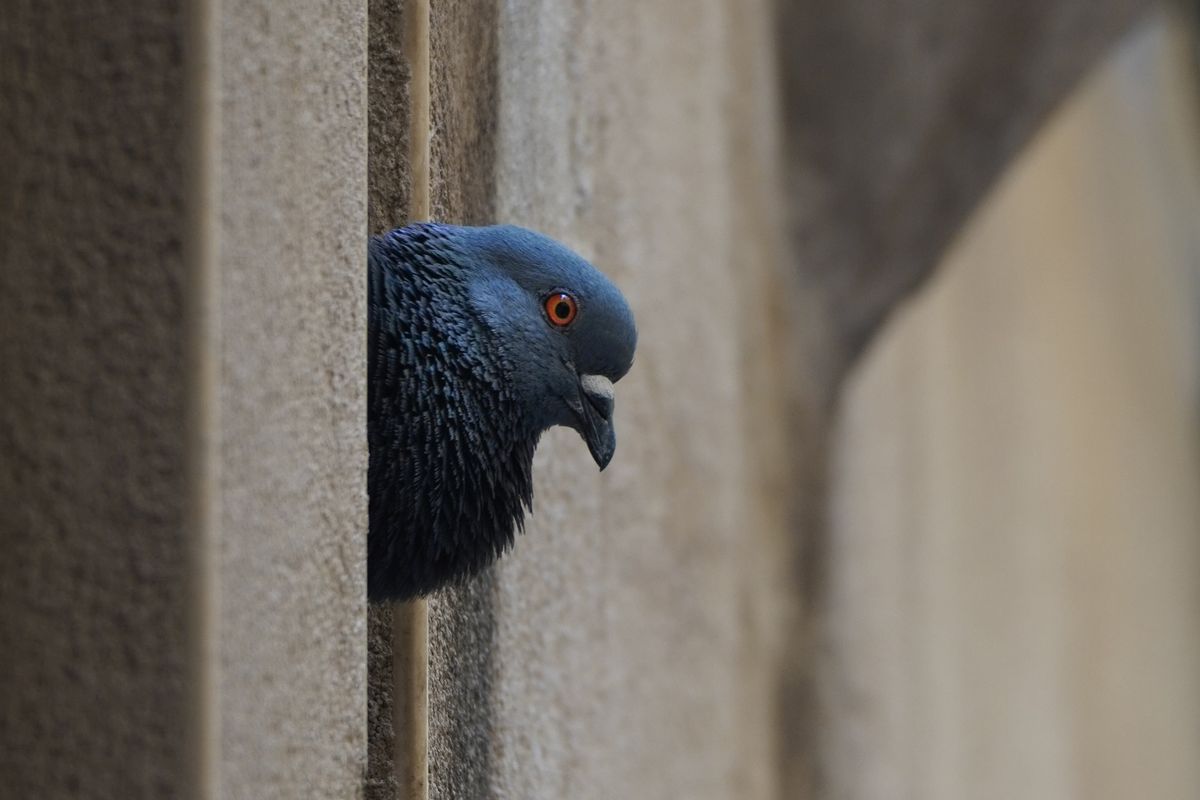
You are not a niche.
You’re not one of sixteen, pre-conceived personas.
You’re not the exact same person you were ten – or even five – years ago.
You’re uniquely you, and, as Walt Whitman once wrote, you contain multitudes...
...but you just might be pigeonholing yourself.
As personality tests continue to permeate our culture (and the workplace) and attempt to box us neatly into one of sixteen personality types...or four leadership styles...or a Harry Potter house, we run the risk of actually believing the results.
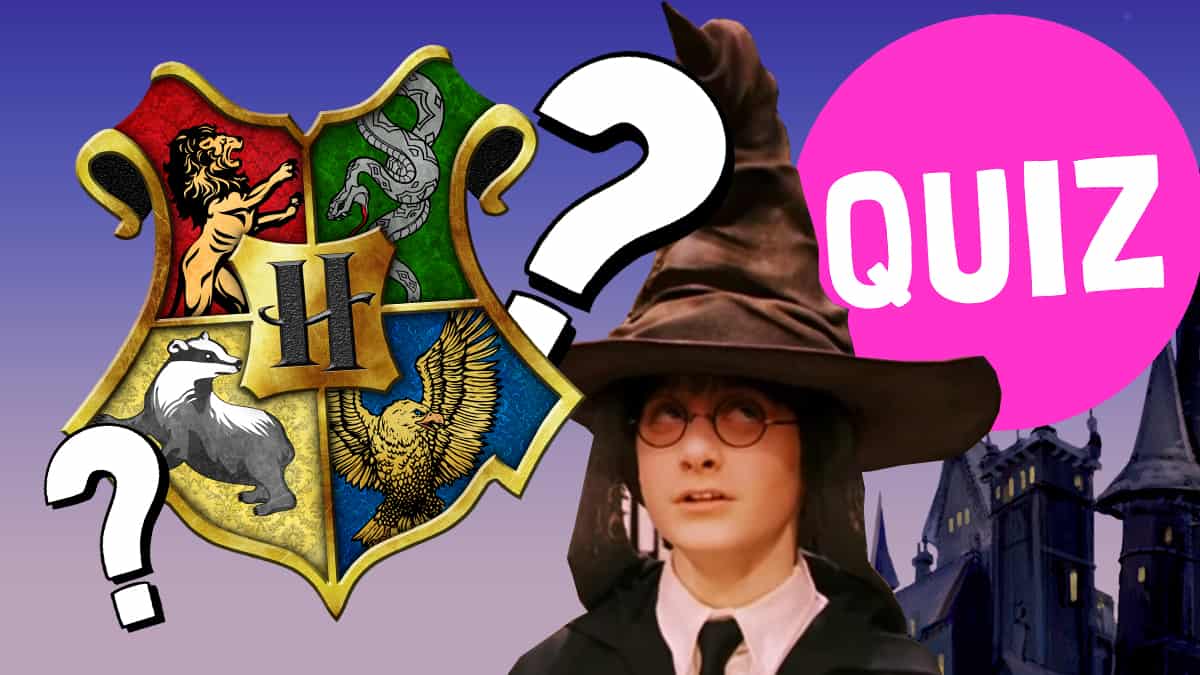
It’s like a self-fulfilling prophecy that we didn’t even get the chance to create. 🤨
Think about how you’ve changed over the years. Do you still like all the same music you loved as a child? How about foods? Movies? What have you discovered about yourself just in the past year that has surprised you?
I’ve grown a lot as a person over the years. I’ve matured, become wiser (or so I hope), and my personality is certainly different than it was twenty years ago. My tastes have also changed, and the notion that twenty-year-old Brooke would persist into my eighties is about as crazy to me as wanting to decorate my walls with posters of boy bands into adulthood because I did so when I was nine.
Sadly, personality tests run the risk of placing us on a pre-defined path and can severely stunt our potential to see beyond our “type” and stretch ourselves to understand others, yet, we welcome them as a credible tool for evaluation.
According to Adam Grant, an organizational psychologist at Wharton who has written about the pitfalls of the Myers-Briggs methodology, “The characteristics measured by the test have almost no predictive power on how happy you’ll be in a situation, how you’ll perform at your job, or how happy you’ll be in your marriage.” “There’s just no evidence behind it.”
Personality types can also be extremely polarizing, as I’ve learned from watching co-workers negatively adjust how they interacted with each other after such tests were conducted and the summaries were shared. I’ve been employed by several well-meaning companies over the years who have asked me and my fellow teammates to participate in taking personality tests such as the Myers-Briggs Type Indicator (MBTI) (among others) for career assessment and/or team-building purposes. Unfortunately, these tests did more to stereotype our teams than to provide meaningful feedback.
I’m sad to admit that when I took my first personality test during my early twenties (it was a Myers-Briggs test), I took it quite seriously and was quite bothered by my results. My synopsis stated that, because I was good at solving problems and was introverted and analytical, I was therefore cold and calculating and would likely never have a meaningful emotional relationship. Wow.
Growing up, I was a shy, awkward kid around other kids my age, so, I accepted the diagnosis as accurate. I had no guidance at that time to know any better. I was obsessed with growing my skills, but the Meyers-Briggs clouded my optimism about growing my personality. At that age, whenever someone didn’t relate well to me, I thought, “I guess that's how it’s supposed to be. That’s my personality type...”, so, rather than seeking ways to develop my communication skills, I turned inward even more. It became an excuse I wasn’t even aware I was making.
Thankfully, as I learned more about cognitive bias and cold reading/hot reading, I began to learn how flawed, limiting, and polarizing these tests can be. When I moved forward from thinking I was a certain way to believing I could be any way and lots of ways, the blinders slipped off and I began internalizing how important context is and how a person who is always growing will always be changing.
If I had continued to believe that no one would ever understand me unless they were exactly like me, I would have never met and connected with my wonderful husband or the nature journaling community whom I adore. I would have never pressed record and started a YouTube channel or begun writing publicly. All of these things are intensely meaningful to me and some of them push me outside of my comfort zone, but all in very good ways. None would have been possible, however, if I had accepted my test results and stopped trying to grow, relate, and discover who I really am and who I will eventually become.
I am not a personality type. I am Brooke. Who are you? I bet you’re much more than your personality test results would have you believe.
Afterthoughts: I hate to see anyone pigeonholed, especially children who have the whole of the world at their feet. There’s so much more to us than any one test’s outcome, and I hope this account of my own personal experience helps you to remember to take such things with a grain of salt.

